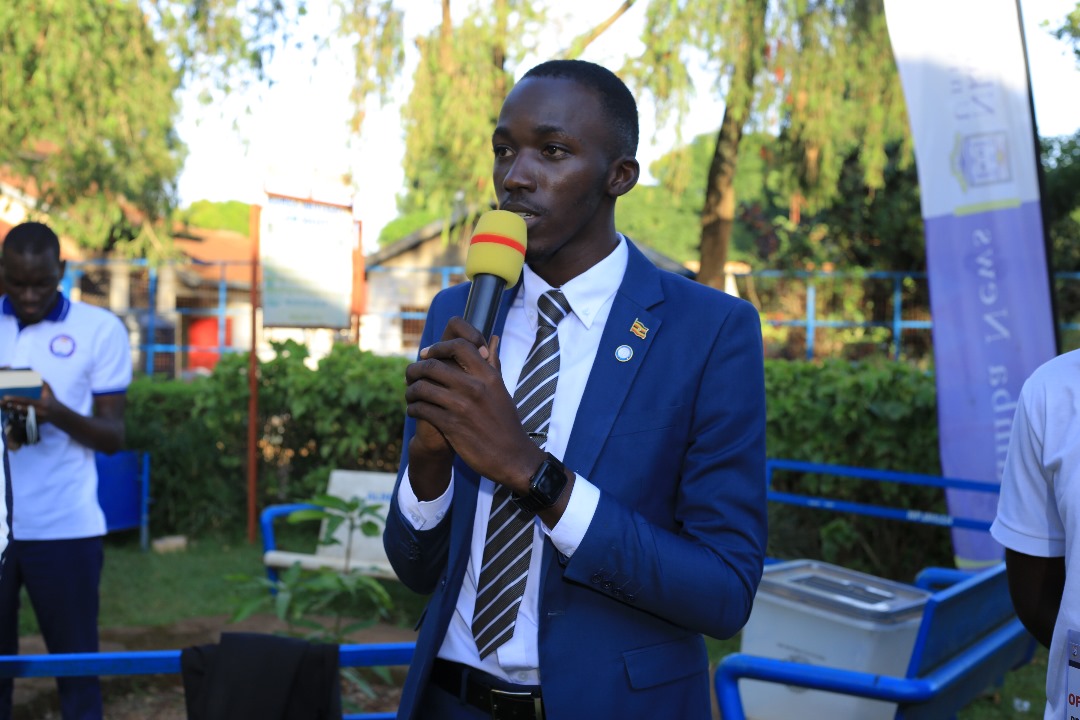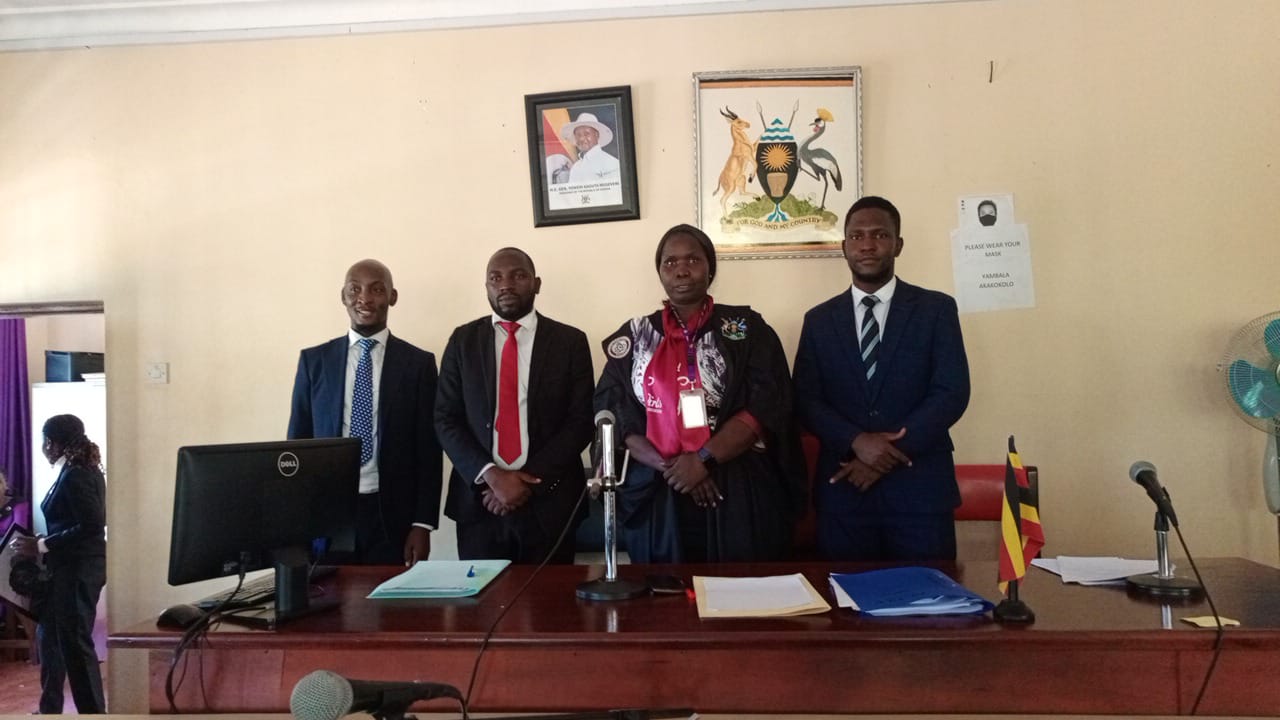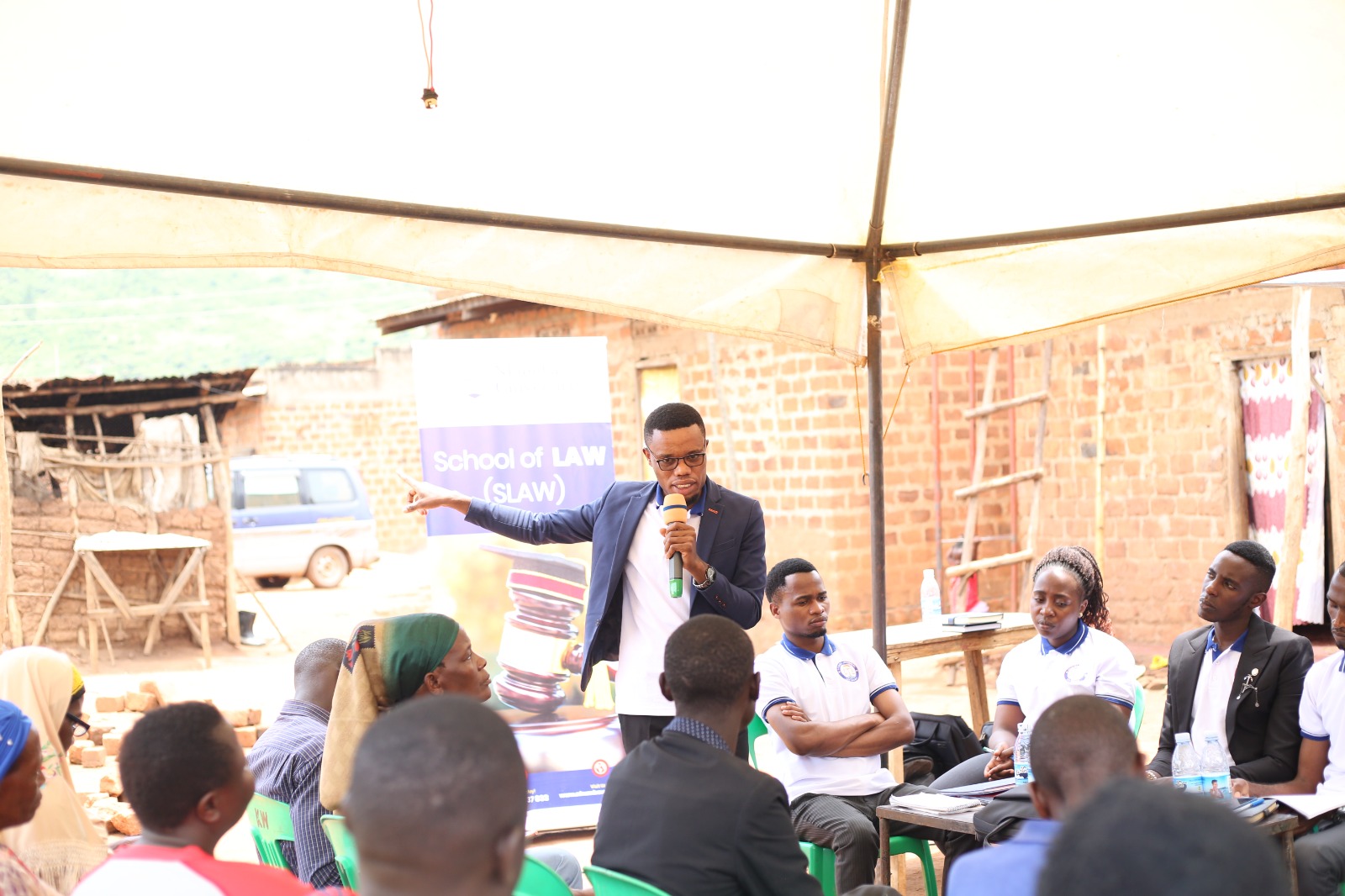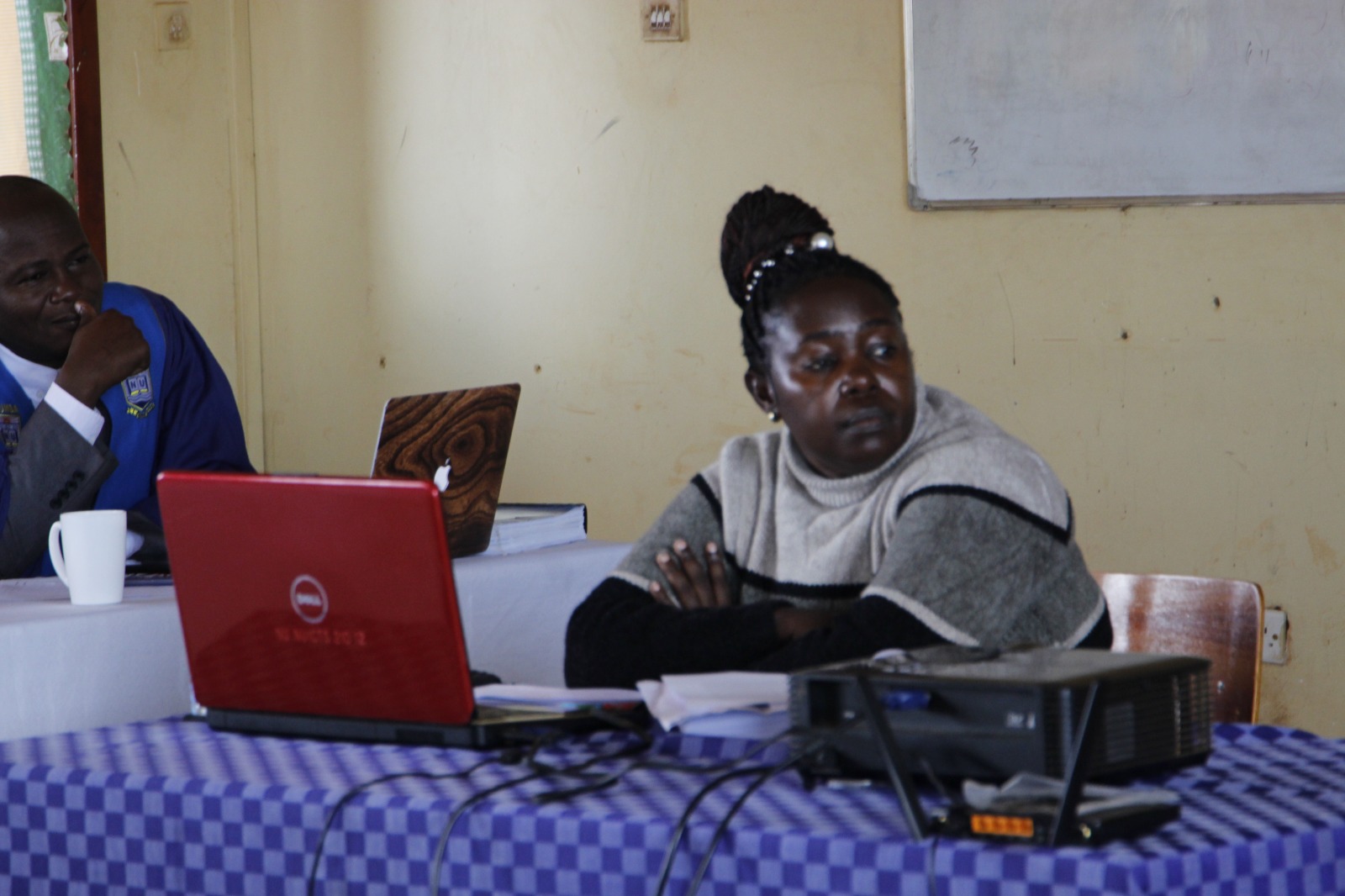Ojiambo Steven Odemo
In marriage, each spouse has at most certain contributions to render towards the development and sustainability of their matrimonial home/family. Such contributions are either monetary that’s in the form of income or cash for example, towards the accusation of matrimonial property, or non-monetary such as cooking, cleaning the house, laundry, and what have you. Contributions can be attributed from each spousal efforts, from day go in the marriage irretrievably breaking down, But the question is, ‘how courts of law determine each spousal contribution at the dissolution of marriage?’
In African societies, there were certain activities rendered, especially by women, which are attributed to non-monetary contributions, for example caring for the children, fetching of water and fire woods, cooking, and other house chores. However, with evolved gender balance laws[1] some spouses have reached a consensus on how to carry out different contributions in their marriages.

ADVERTISEMENT
Being that marriage is out of love and affections, parties tend not to keep records on who contributed what, throwing the question to the courts of law. However, at divorce values for monetary contributions are less difficult to determine because the items acquired are touchable and can be valued at the market price. Unlike non-monetary contributions which are in most cases services rendered by one spouse to another. Therefore, The question is left to the courts of law to determine each spousal contribution in and during their union at dissolution.
Still when it comes to how courts determine what amounts to contributions, the argument is still pending since different judges have decided differently and in some cases, the word ‘contributions’ has been given different meanings. In the case of O’Neill v O’Neill[2], the Appellant contented that she rendered non-monetary contributions to the sustainability of their marriage, leaving the court to decide on what amounts to ‘contributions’ since there was no statute to help judges determine, court while interpreting the word ‘contribution’, stated that it was not intended to cover only financial contributions, but also includes the non-financial contributions by each spouse. Still in the Ugandan case of Katuramu Robert v Elizabeth Katuramu[3], His Lordship Wilson Nasalu Musene had to give it broader meaning, he stated that, “… contribution does not only have to be monetary but can be in other forms. These include, cooking, opening the gate, making love…”. Including such daily services makes marriage nothing other than a commercial institute where by each and every service calls for a payment at the dissolution.
In Uganda, the major guiding principle/law for marriage is the 1995 Constitution. Article 31 there in is therefore on the effect that, a Ugandan citizen of 18 years and above has a right to found a family. The law further advocates for equal rights at and in, during and at the dissolution of the union. However, all the Ugandan laws (statutes) are silent as in other jurisdictions about what amounts to contributions in marriage at its dissolution and hence no proper mechanism for determining the efforts of each spouse. The Divorce Act Cap 249, has literally surrendered the question to be determined at courts’ discretion which is not legally proper being that each Judge can decide according to his/her conscience. This was witnessed in the case of AMBAYO JOSEPH WAIGO v ASERUA JACKLIN (Civil Appeal No.0100 0f 2015), where on Appeal, Counsel for the Appellant under ground 4 raised an issue of the learned trial Judge manifesting bias in favor of the Respondent during the trial by disregarding the Appellant’s evidence on the acquisition of his property. The genesis of such doubts is the fact that there is no proper statute to give courts a guild line on how to ascertain what exactly amounts to contributions.

ADVERTISEMENT
In the recent case of AMBAYO JOSEPH, one face of contributions, that’s non-monetary contributions was tackled by MUZAMIRU MUTANGULA KIBEEDI. JA, in his judgment from pages 23-27 he evaluated the value of non-monetary contributions and summed up to be equivalent to the education dues that the appellant payed for the respondent during her academia journeys through different institutions.
However, I still submit that this was someone’s opinion since there is no statute to determine what a mounts to non-monetary contributions, how they can be determined and which percentage they contribute in marriage. Suppose the question is to be solved by valuing these different services at the market price in the market world. In that case, I think marriage will turn into a commercial institution where by even mere opening of the gate will be a question of how much do security guards charge their bosses for the service?. If the courts of law start entertaining such claims from the two birds in love, then the situation violets the maxim of de minimis non curat lex, (law does not take account of trifling, insignificant or matters of little or no value or impotence) which was developed to indict that there is a threshold beneath which the law, in all its intellectual might and procedural majesty, does not deign to concern itself. Majorly protecting the courts of law from entertaining small matters. It seems like an attack on the marriage institution by the judiciary to start evaluating what amounts to contributions without a statute to set up the limits on from where to start and end in determining spousal contributions.
Conclusively, there has been enough judicial activism in this area; hence Parliament needs to play its role as well. Court decisions can change any time if there is no clear law guiding court in interpreting such matters concerning the spousal contributions in marriage and at its dissolution. Therefore, to avoid doubt, it’s high time for legislators to promulgate a statute to avert the mischief other than basing on the conscience and opinions of different judges.
[1] Article 32 of the 1995 constitution of Uganda.
[2] 13 Conn. App. 300 (1988)
[3] HCT-01-CV-CS-No. 026 of 2017

Authored by;
Ojiambo Steven Odemo is an LLB 2, student at Nkumba University, Entebbe. Can be reached via ojiambostevenodemo99@gmail.com.






















Discussion about this post